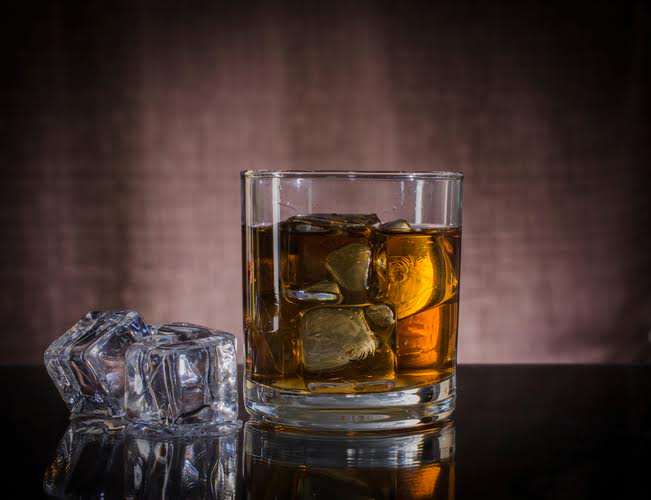Content
Clinical experience has shown that the following are some of the causes of relapse in the growth stage of recovery. Dealing with post-acute withdrawal is one of the tasks of the abstinence stage . Post-acute withdrawal begins shortly after the acute phase of withdrawal and is a common cause of relapse . Unlike acute withdrawal, which has mostly physical symptoms, post-acute withdrawal syndrome has mostly psychological and emotional symptoms.
What to do right after relapse?
- Reach out for help. Seeking support from family, friends, and other sober people can help you cope with a relapse.
- Attend a self-help group.
- Avoid triggers.
- Set healthy boundaries.
- Engage in self-care.
- Reflect on the relapse.
- Develop a relapse prevention plan.
Some researchers divide physical relapse into a “lapse” and a “relapse” . Clinical experience has shown that when clients focus too strongly on how much they used during a lapse, they do not fully appreciate the consequences of one drink. Once an individual has had one drink or one drug use, it may quickly lead to a relapse of uncontrolled using. But more importantly, it usually will lead to a mental relapse of obsessive or uncontrolled thinking about using, which eventually can lead to physical relapse.
Online Therapy
70% of all people with an alcohol use disorder in the United States will have at least one relapse during their recovery period. 9.6% of all those who in the United States who were in recovery from any kind of alcohol abuse disorder have had a relapse when they reached their third year of recovery. A slip or lapse could be classified as a relapse, and indicate that a person needs to re-work their 12 steps again. This is designed to help the person regain strength, accountability, and control as they reconnect with themselves and their goals.

I drink every day and drink anywhere from 3 to 8+ drinks a day. I hide it from those close to me and drink alone during this Covid season. Most my friends are in recovery so it’s not like I have what to do after a relapse drinking buddies anymore anyways. I hide it from my husband even but I think it is because he chooses not to see. I tell myself I need to quit but everyday I start drinking at some point.
Reframing the Relapse Conversation
6.9% of all American men with an alcohol use disorder have had treatment for it in the past year. 7.2% all Americans with an alcohol use disorder have had treatment for it in the past year. 27% of all Americans with an alcohol use disorder will have a relapse because of financial https://ecosoberhouse.com/ problems. 34% of all Americans with an alcohol use disorder will have a relapse because of peer pressure. 41% of alcohol dependent individuals in the United States were able to able to avoid alcohol after a year if they went treatment lasting for at least a week or longer.

